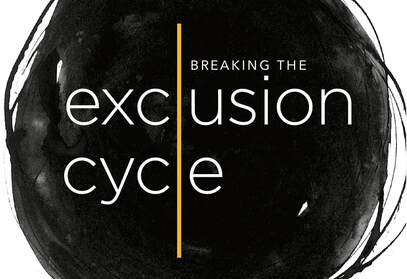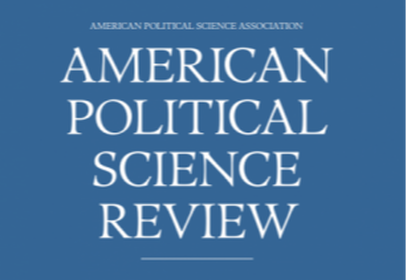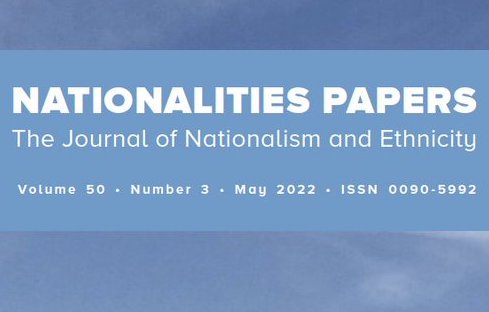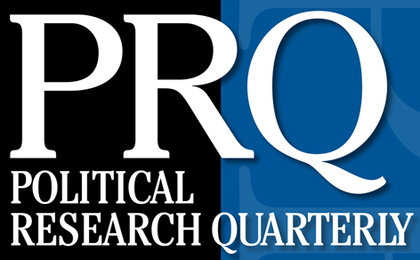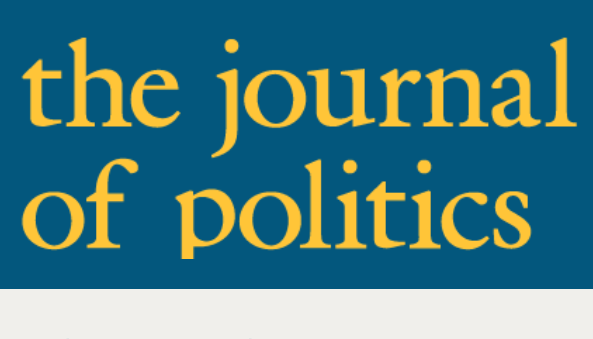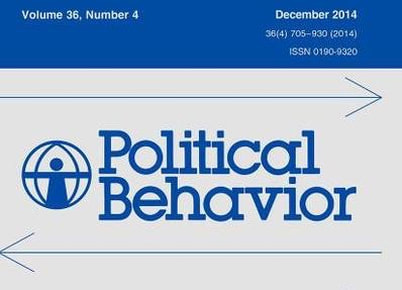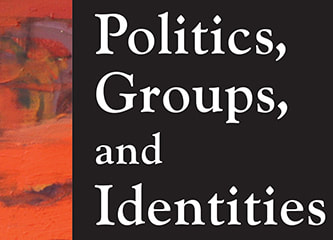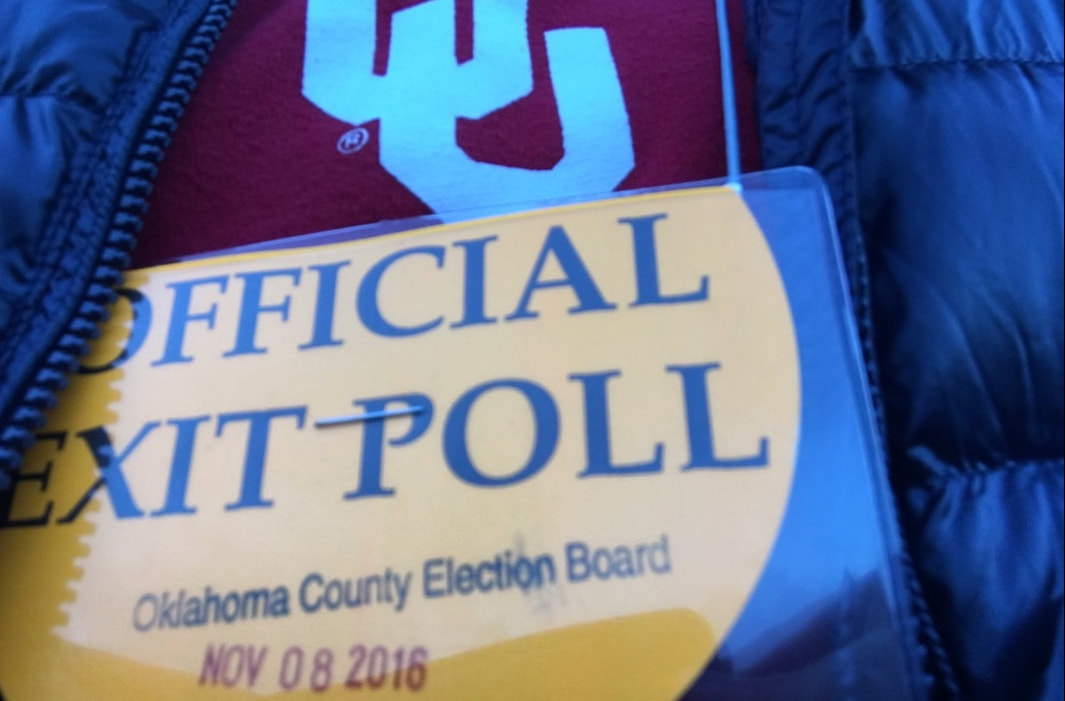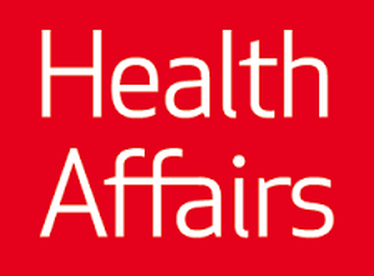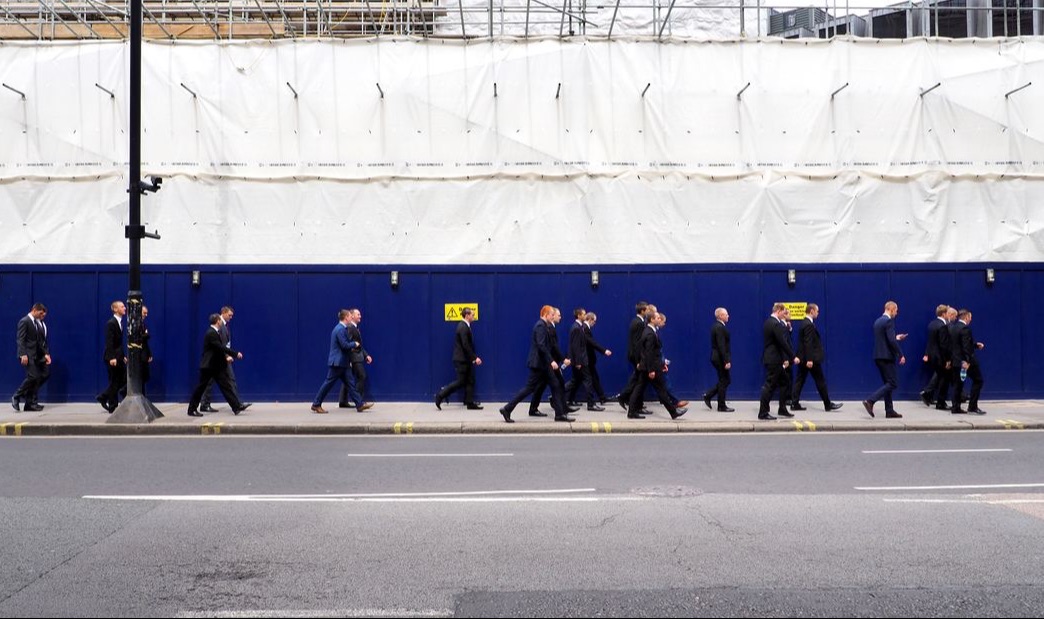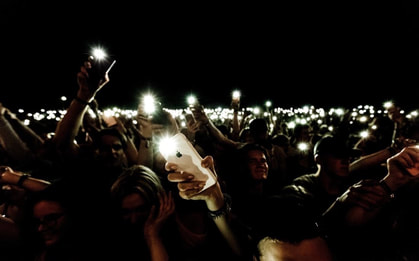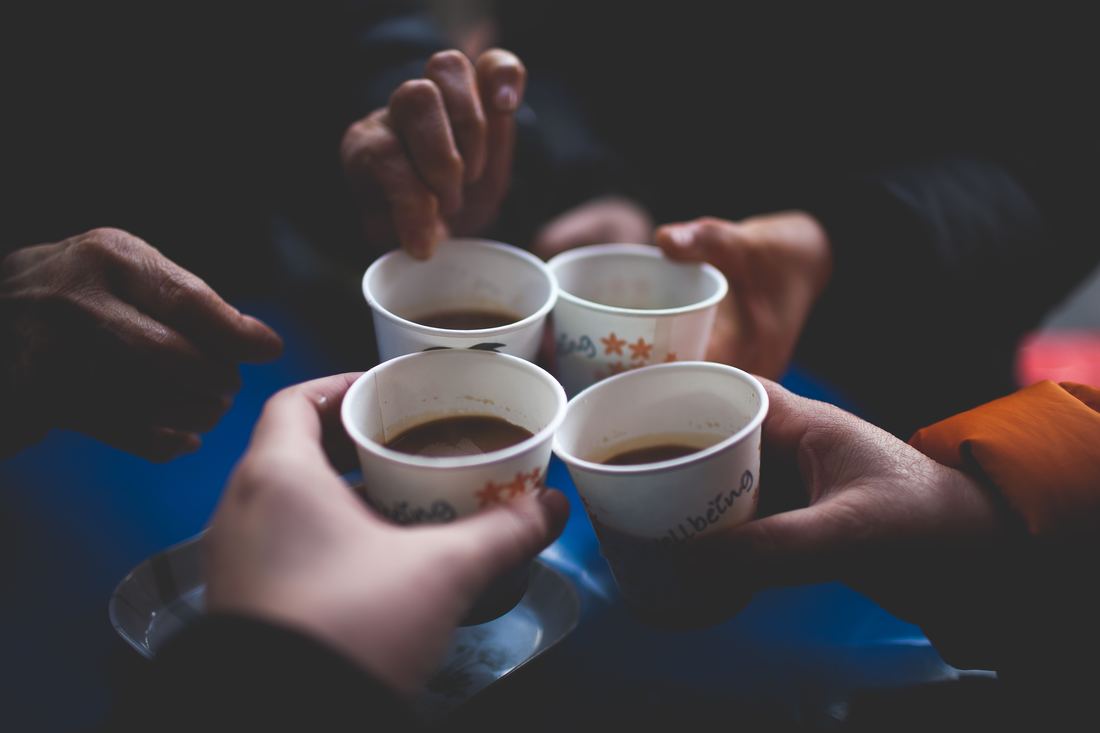Breaking the Exclusion Cycle: How to Promote Cooperation between Majority and Minority Ethnic Groups (monograph)Winner, Best Book Published in 2020, APSA Experimental Research Section
Honorable Mention, Harriman Rothschild Book Prize, Association for the Study of Nationalities Finalist, 2022 European Studies Book Award, Council for European Studies Book description 〇 Reviews and awards (OUP, Amazon, Google Books) |
Ethnicity and Social Exclusion
|
Exclusion Cycles: Reinforcing Disparities in Medicine (policy forum article)
|
Is Sexism for White People? Gender Stereotypes, Race, and the 2016 Presidential Election (article)
|
Because He is Gay: How Race, Gender, and Sexuality Shape Perceptions of Judicial Fairness (article)
|
Gender Attitudes, Support for Teacher's Strikes, and Legislative Elections (article) with Mackenzie Israel-Trummel, Sarina Rhinehart, and Allyson ShortleDid the Oklahoma teacher walkout activate gender attitudes? We explore the 2018 midterm elections and find that even though education is a public good primarily benefitting children, sexism can play a role in whether voters support funding it.
|
Ethnocultural or Generalized? Nationalism and Support for Punitive Immigration Policy (article)
|
Respecting Autonomy And Enabling Diversity: The Effect Of Eligibility And Enrollment On Research Data Demographics (article)
|
Exit Polling: Field Research and Pedagogical Benefits of Community Engagement (article)
|
Discrimination in action: the value of experiments in human rights (post)
|
Discrimination, cooperation, and building communities (post)
|
To discredit victims, call them terrorists
|

